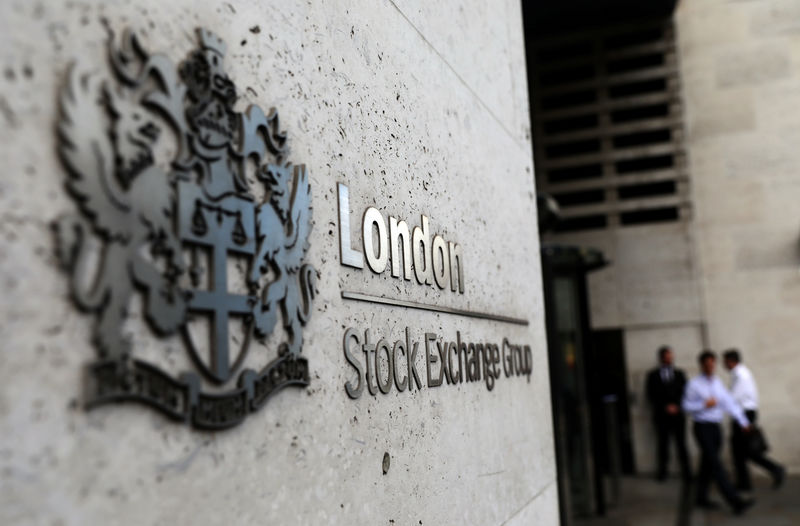By Peter Nurse
Investing.com - European stock markets traded mixed early Wednesday, with the FTSE 100 underperforming after a hot U.K. inflation release pointed to an early Bank of England rate hike and rising Covid-19 cases hitting travel and leisure stocks.
At 3:30 AM ET (0830 GMT), the DAX in Germany traded 0.1% higher, the CAC 40 in France edged higher, while the U.K.’s FTSE 100 dropped 0.2%.
U.K. consumer prices rose 4.2% on the year in October, surging to a 10-year high, data showed earlier Wednesday. This represents a sharp jump from 3.1% the previous month and is more than double the central bank’s medium term target of 2%.
The Bank of England is expected to become the first of the world's major central banks to raise rates since the coronavirus pandemic, with this release cementing expectations for the December meeting.
The equivalent inflation data from the Eurozone is due later in the session, but the European Central Bank has guided towards a more patient stance in terms of rate hikes.
Travel stocks underperformed as the fear of Covid-driven restrictions returned: Germany reported over 52,000 new cases on Tuesday, another all-time high, while Ireland's government recommended working from home for all those who can, in an effort to stem rising hospital admissions.
In corporate news, Volkswagen (DE:VOWG_p) stock fell 1.7% after the German auto giant announced plans to double staff numbers at its charging and energy division, part of its aim to take on U.S. rival Tesla (NASDAQ:TSLA) in a key electric vehicle battleground: power infrastructure.
The company's management, which has flagged the need for widespread job cuts at its conventional engine operations in recent years, is under pressure to show that the energy transition can create jobs as well as destroy them.
Nokia (NYSE:NOK) stock rose 0.6% after the Finnish telecommunications company announced plans to launch a cloud-based software subscription service.
Sage (LON:SGE) stock rose 1.1% despite the British software company reporting a 10% drop in full-year organic operating profit following heavy investment in its cloud offer, while renewable energy specialist SSE (LON:SSE) fell 5.3% after saying it is looking at selling a stake in its networks division.
The major equity indices in Europe received a negative handover from Asia, after Japan's exports snapped seven months of double-digit growth in October, growth slowing to only 9.4% year-on-year.
Global supply constraints hit Japan's major manufacturers, particularly the country’s car industry. Such trends have already been evidenced in the Eurozone, where German industrial output and exports have weakened sharply in the last three months.
Crude prices weakened Wednesday after a mixed report from the American Petroleum Institute which showed U.S. crude inventories rose 655,000 barrels last week, but gasoline stocks fell by 2.8 million barrels, more than expected. That suggests final demand is still strong despite prices hitting a seven-year high nationwide and trading around all-time highs in key markets such as California.
A coordinated release of strategic oil reserves to dampen oil prices was one of the issues reportedly discussed by Presidents Joe Biden and Xi Jinping on their telephone call on Monday.
Official figures from the Energy Information Administration are due later Wednesday.
By 3:30 AM ET, U.S. crude futures traded 0.6% lower at $79.24 a barrel, while the Brent contract fell 0.6% to $81.93.
Additionally, gold futures rose 0.4% to $1,860.70/oz, while EUR/USD traded flat at 1.1319.
